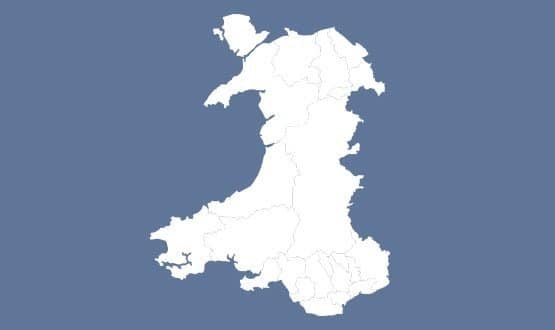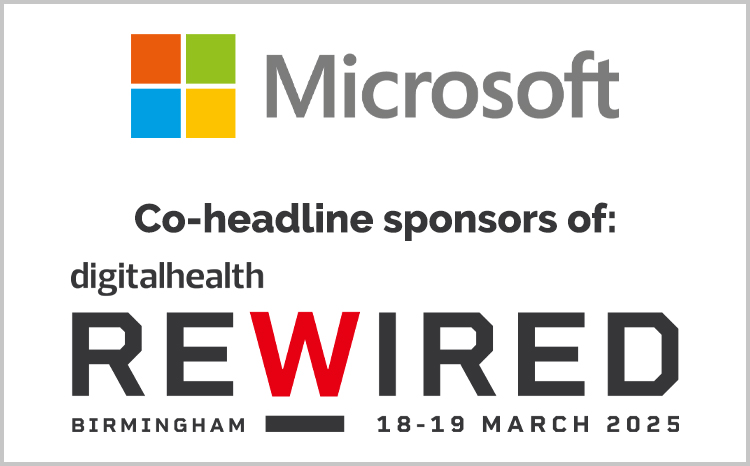Welsh board does infrastructure refresh
- 12 March 2014

Cwm Taf Health Board has undertaken a major refresh of is infrastructure, using Microsoft virtualisation technology from Veeam Software.
Server manager Ian Alden, said it had been running a “mainly physical infrastructure” and decided to go down the virtualisation route to save money, provide a better experience for users, and put the board in a better position to adopt new software.
The board now has a virtual infrastructure based on Microsoft Hyper-V 2012, with Veeam Backup and Replication working across its two data centres.
It has also taken other Veeam products, including Veeam Explorer for Microsoft Exchange, which enables it to quickly recover mailboxes and emails, and a sandbox capability to test patches, upgrades and new systems before they are put live.
“We needed to think outside the box about how we work day to day,” Alden told EHI, adding that in the past it could take a whole day for his small team to recover a physical server, and it could only run back-ups once a day.
“I saw a demonstration of Hypervisor 2012, and was quite impressed. Up until then, I did not think Hyper-V was enterprise class, but with this I think they have something to compare with VMWare.
“So, we looked to apply it to our infrastructure, and as part of that we decided to look at back-up, and because we needed to replace our email service we decided to look at that as well.
“That is when the guys at Veeam got involved. They have been in the industry for 15 years, and it is nice to find a product that is easy to set up and that does what it says it will do. It’s easy to pick something and get mired in problems, but this really was easy to set up.”
In total, the board, which employs 8,000 people in nine hospitals, 140 medical and dental practices, and a large number of pharmacies, is running 250 virtual machines, which represent 60% of its total server environment.
Alden said most of its core systems are running on Hyper-V, with back-up provided by Veeam enabling it to restore machines in minutes and to run back-ups at least three times a day.
Systems running on the new infrastructure include core clinical systems such as radiology, pathology, maternity and cardiology (Wales has a national patient administration system, called Myrddin, which is hosted by another health board, Hywel Dda).
Other systems will be moved onto the new set-up in future, and the board is in the process of implementing the new email set-up.
“We have a generic infrastructure,” Alden added. “We do not have to build a physical server when we want to implement a new system; we can do it virtually, which means we can bring new systems in much earlier.
“We have a team of just five people in total, so we used to run around all the time. Now we are more in control, so we can start asking where we can develop ourselves to better support the health board.”




